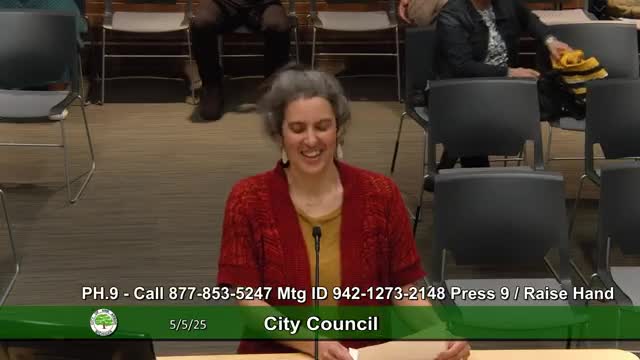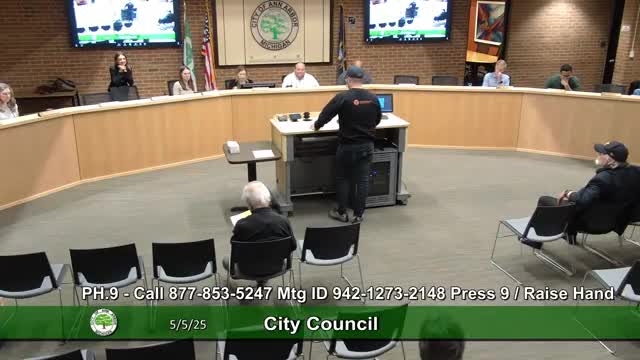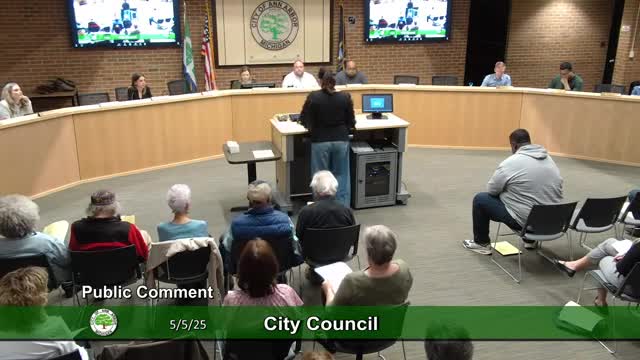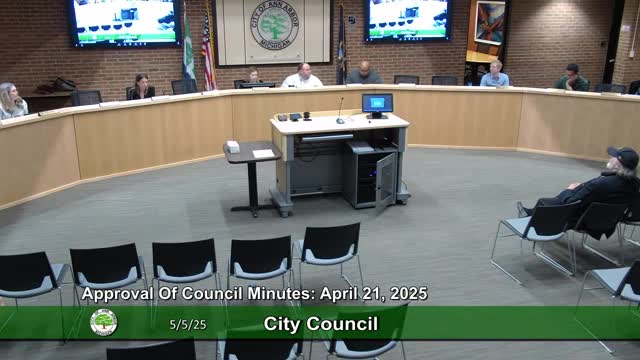Article not found
This article is no longer available. But don't worry—we've gathered other articles that discuss the same topic.

Service providers ask council to renew and fully fund Rising Hope for Housing pilot

Residents press council to fund quick‑build 'road diet' pilot on Stadium Boulevard

Council postpones green rental housing ordinance after extensive public comment

